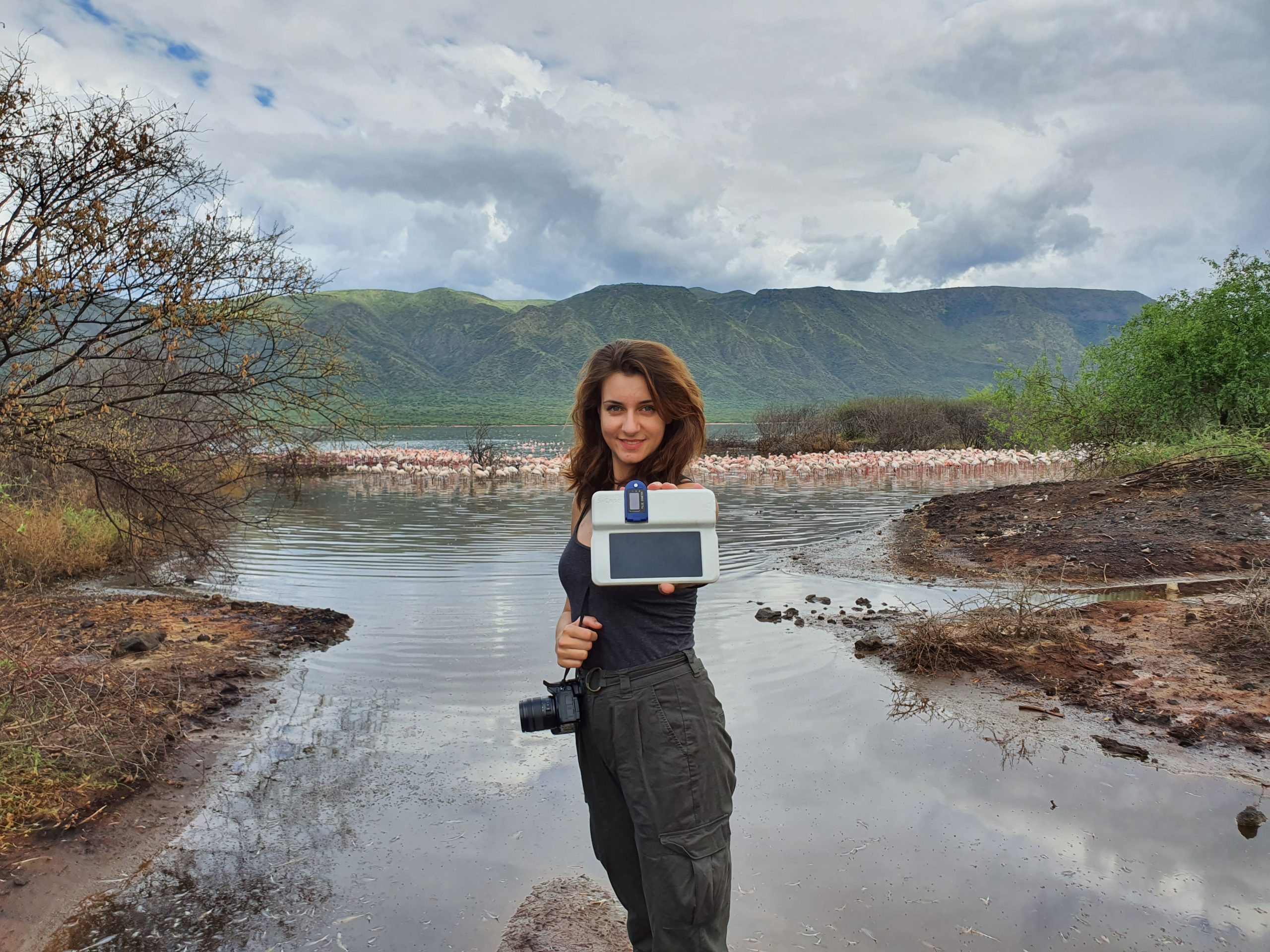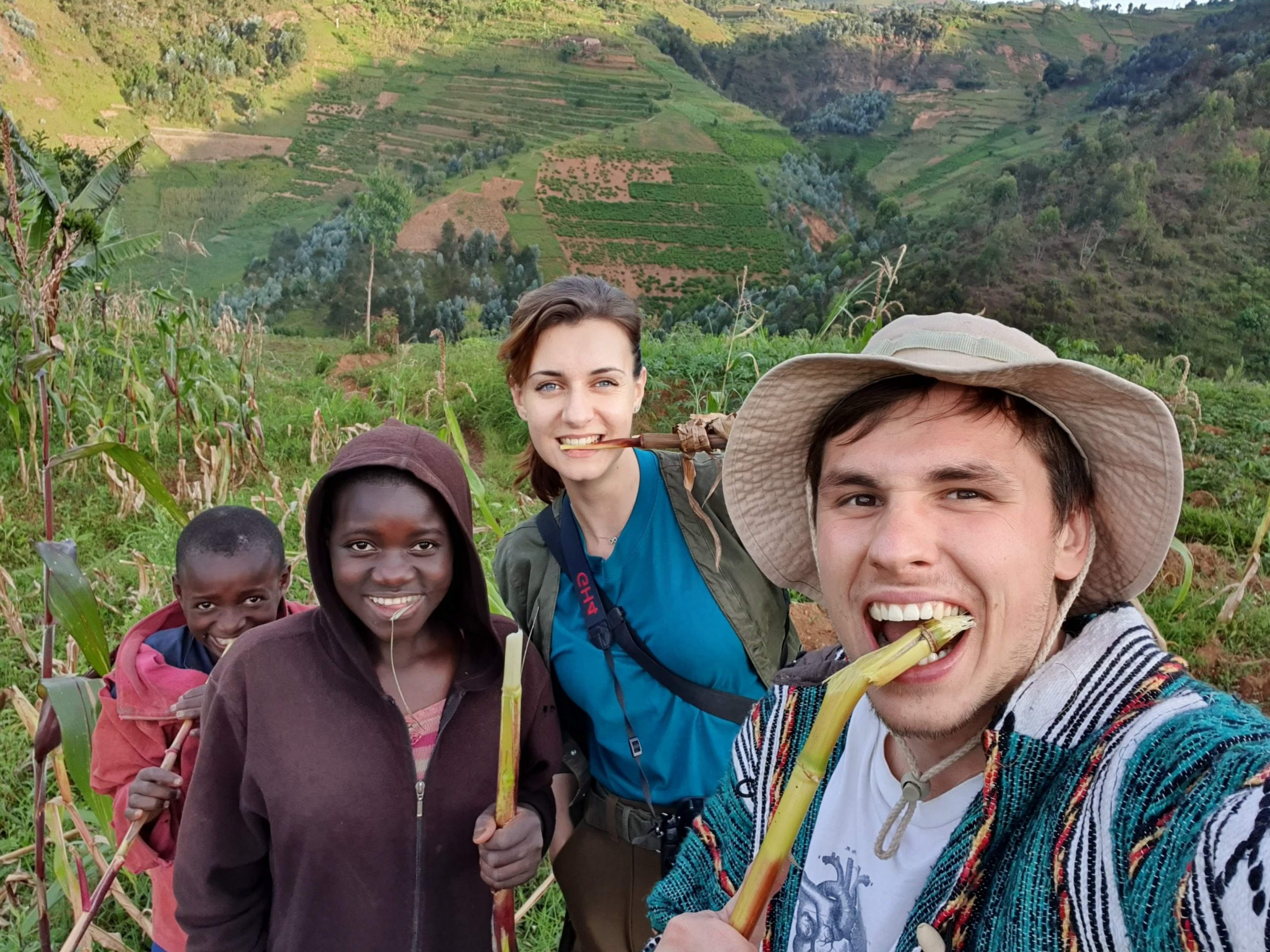
Journey across Africa
RWANDA
The beginning of the year 2020 was very special for us as thanks to a grant from the SlovakAid we got a unique opportunity to make exact research in local areas of Kenya and Rwanda. Here, our colleagues Martin and Adriana were able to test our Scase and find out if its functions are valid for the needs of local healthcare providers. Now, to refresh our memories, we´d like to bring you closer to all adventures and experiences they gained on their way.
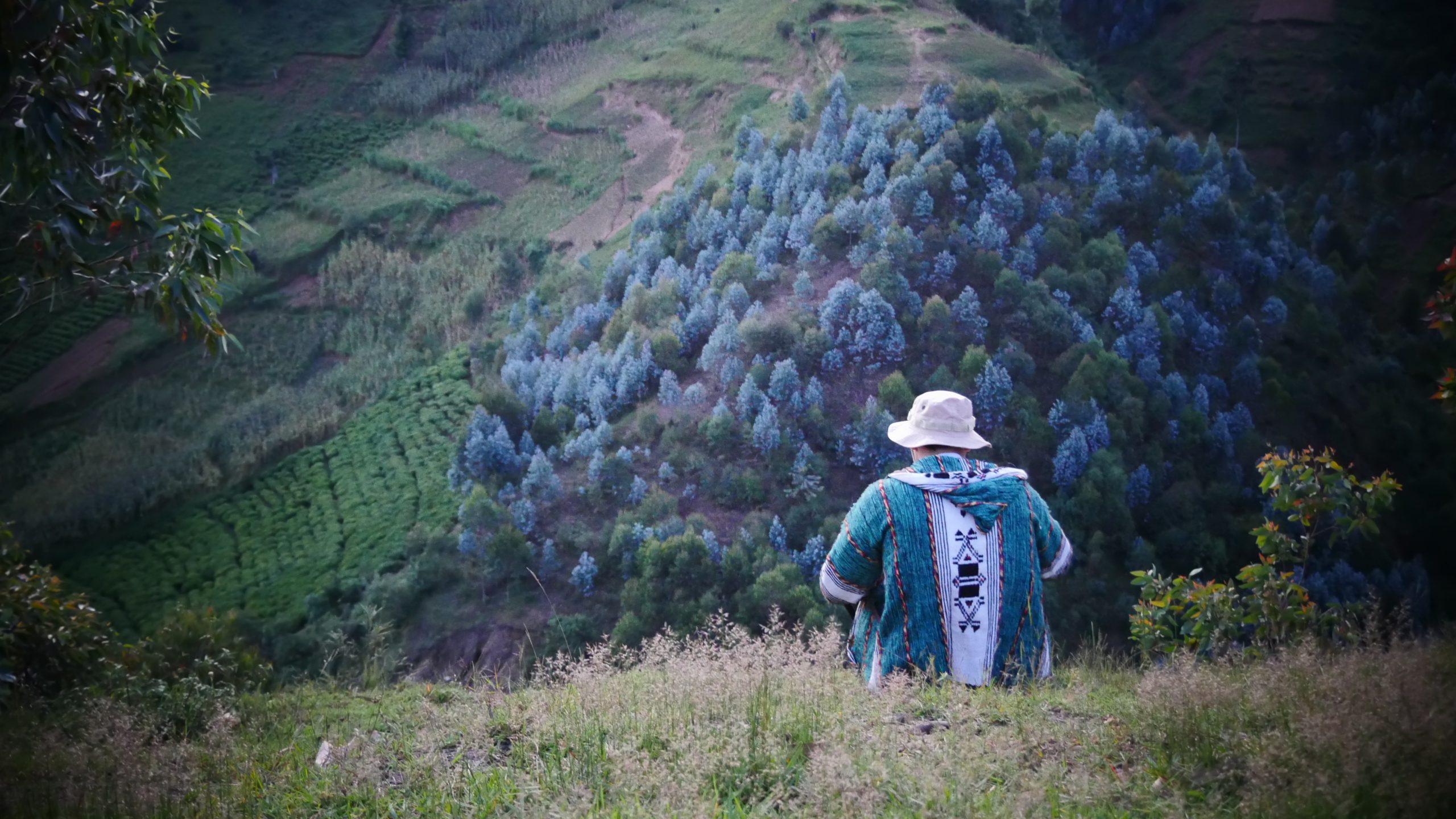
A glimpse into healthcare system
Generally, the structure of healthcare facilities in Africa slightly differs from ours. Most of the facilities we were aiming for are the primary care centers with very limited resources – technical, medical and also pharmaceutical.
The first contact and the most common are health posts – small offices, similar to what we know as general practitioner offices. The main difference is however , that the healthcare provider is usually a nurse or medical officer (not nurse, but not a doctor even). Then there are small primary clinics (often providing care with some specialization e.g. maternity, maybe even a basic laboratory and usually includes more than one healthcare worker), then small local hospitals, where complicated patients might be referred to, up to large city hospitals.
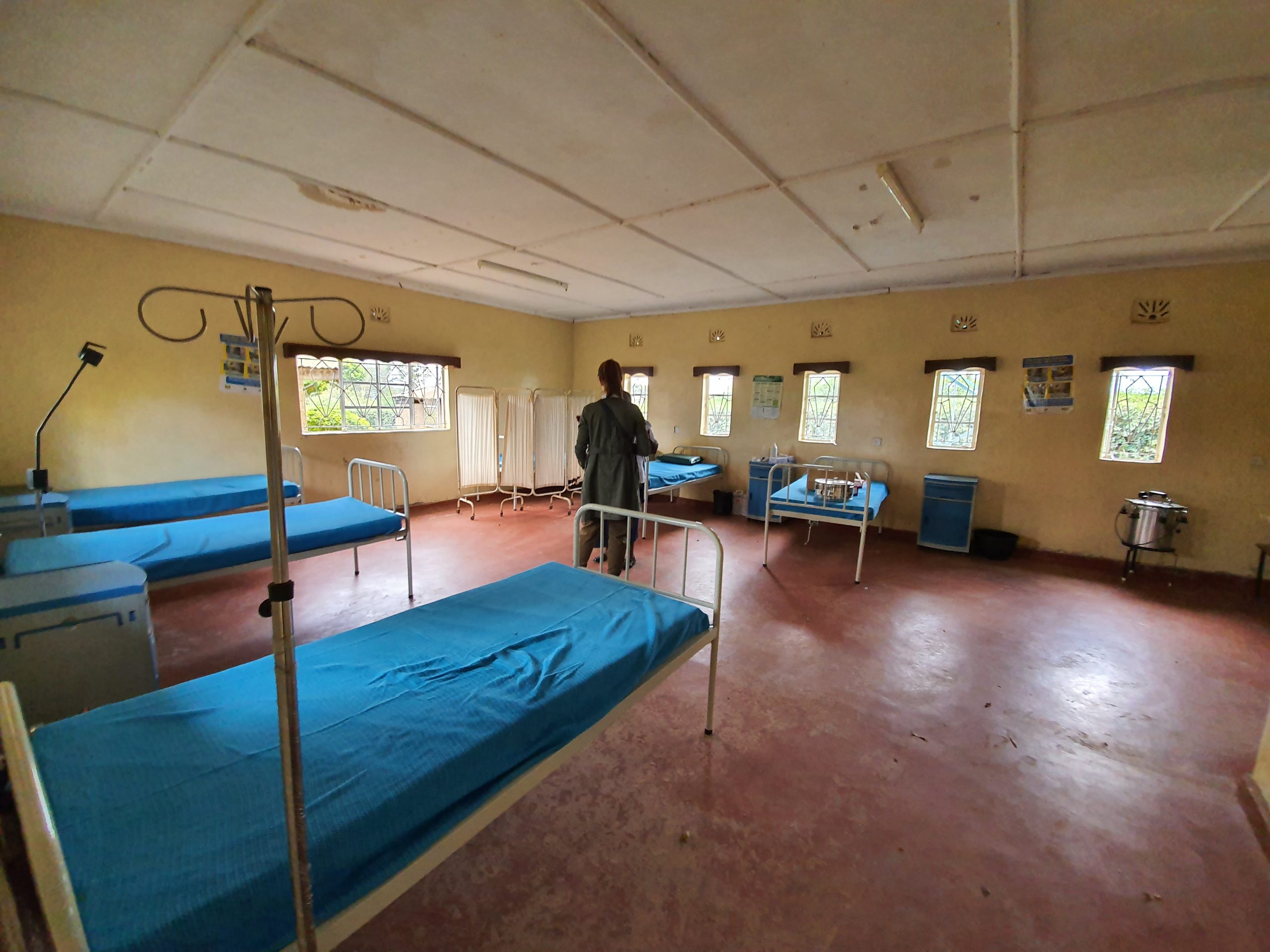
Let the adventure begin
From our previous journey in Kenya about which you can read more here, we landed in Kigali – the capital of the heart of Africa, Rwanda.
At the airport, we met our guide, Slovak logist Zoltan Komlosi from St. Elizabeth University in Bratislava, with many years’ working experience in Rwanda who basically saved our whole schedule by driving us from one meeting to another. The journey with him was even more pleasant, as long as he collected an enormous amount of great stories during traveling – and has really adventurous travel agency baloo.sk.
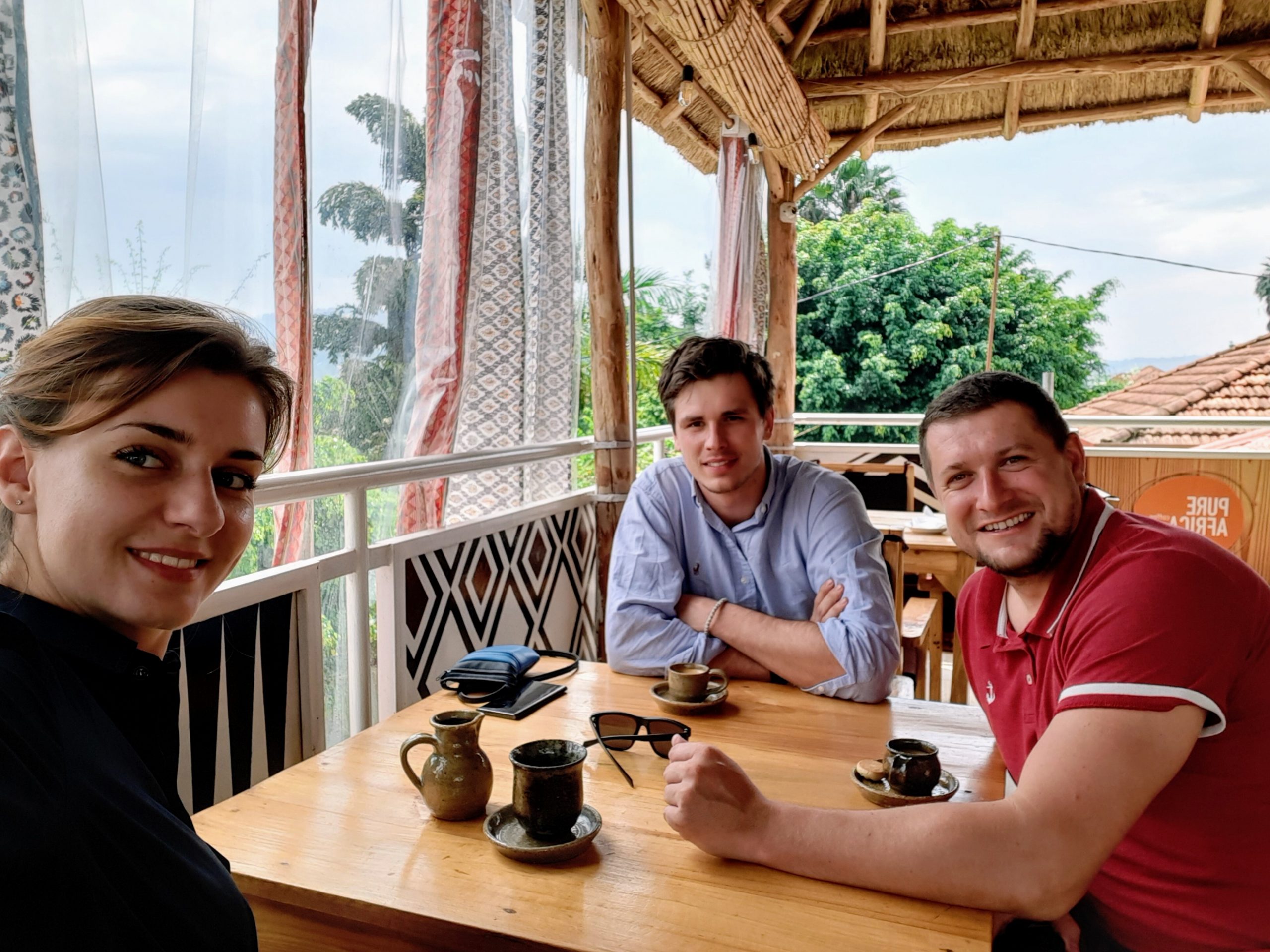
The land of a thousand hills
Our first stop was far from Kigali – we were heading to a distant Bigugu, where the health post of a mission of St. Elizabeth University is located. With amazing views and difficult roads, we got to the health post in the mountains. The mountains were covered with corn and tea plantages, everything around was so green.
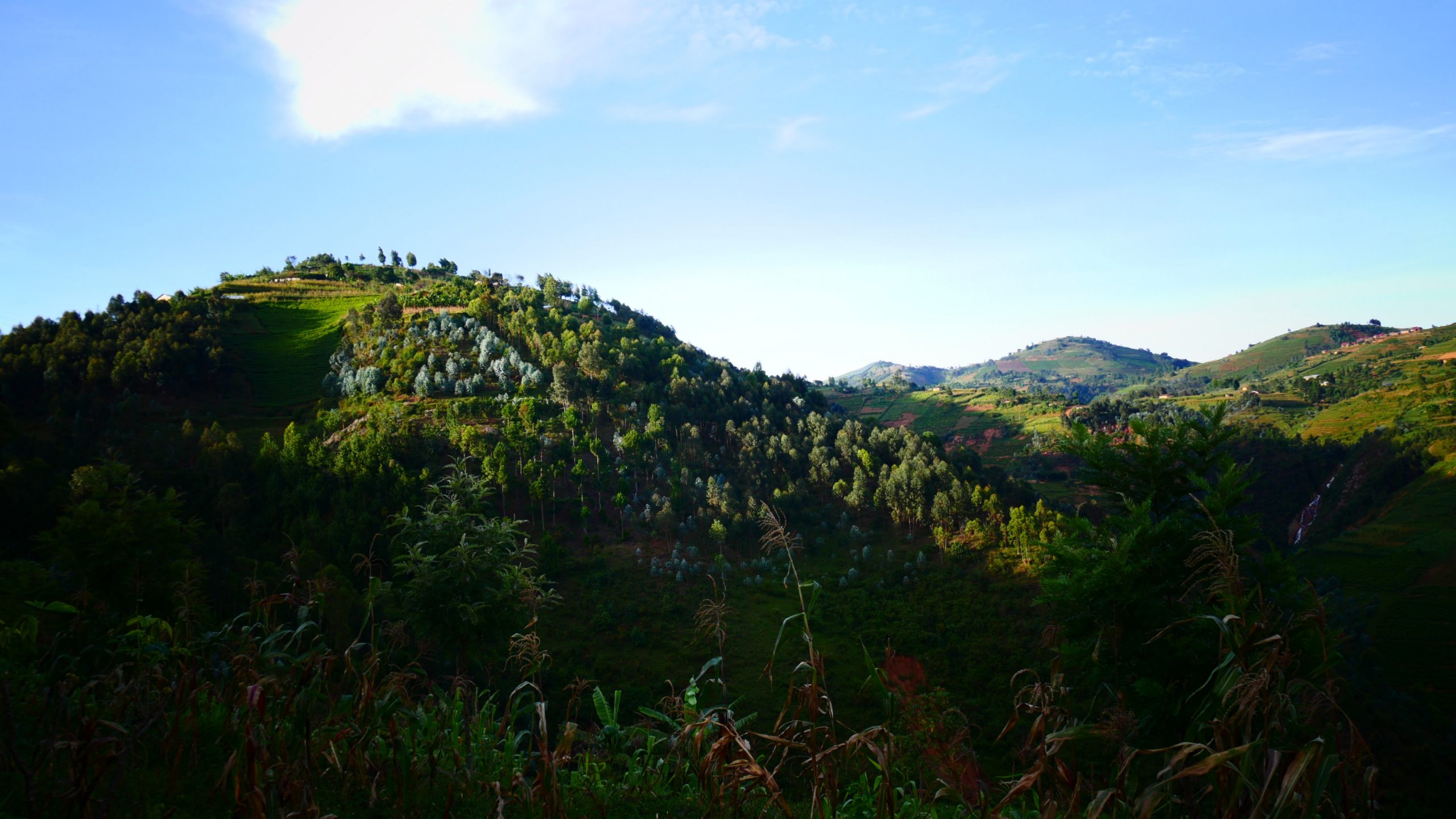
In Bigugu Health Center, more healthcare workers – Slovak, Czech and African – are working together. The facility is mostly used as an outpatient clinic, however, there are a few beds for pregnant mothers and other patients (children) to be admitted if necessary.
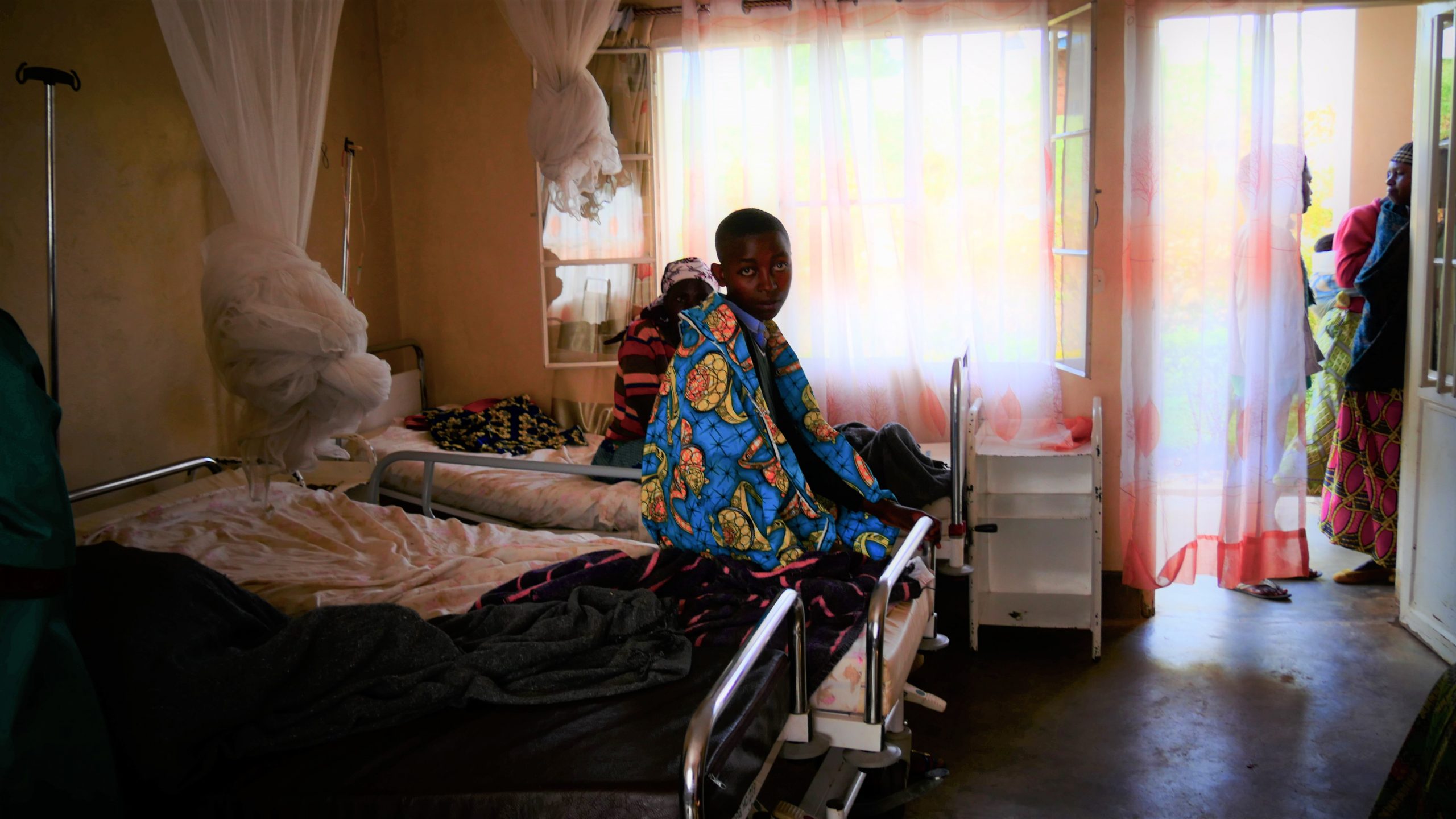
During our short visit, we even managed to test Scase in practice and measure the basic values of patients in the outpatient department (blood pressure, temperature and even glycemia or saturation of O2 with the pulse oximeter).
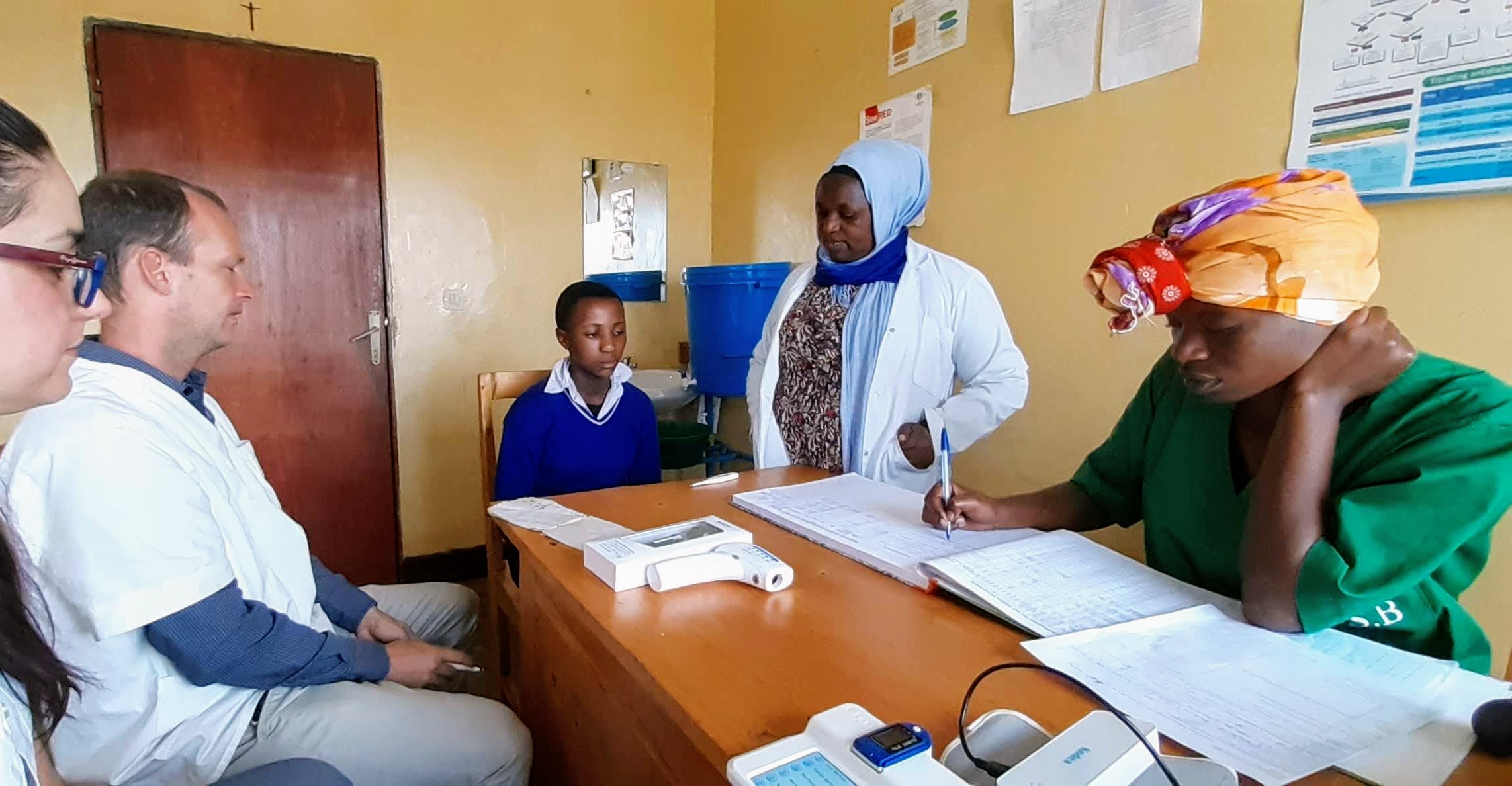
Before we left this, we experienced a rare event. The local community collected money for a few families, which lost their homes in a landslide some months ago. In this area, where running water, electricity is still an exception and people survive on what they can grow and raising animals. With collected money, the community built houses, bought some mattresses and even a small bunch of pigs – to have something to restart their lives with.
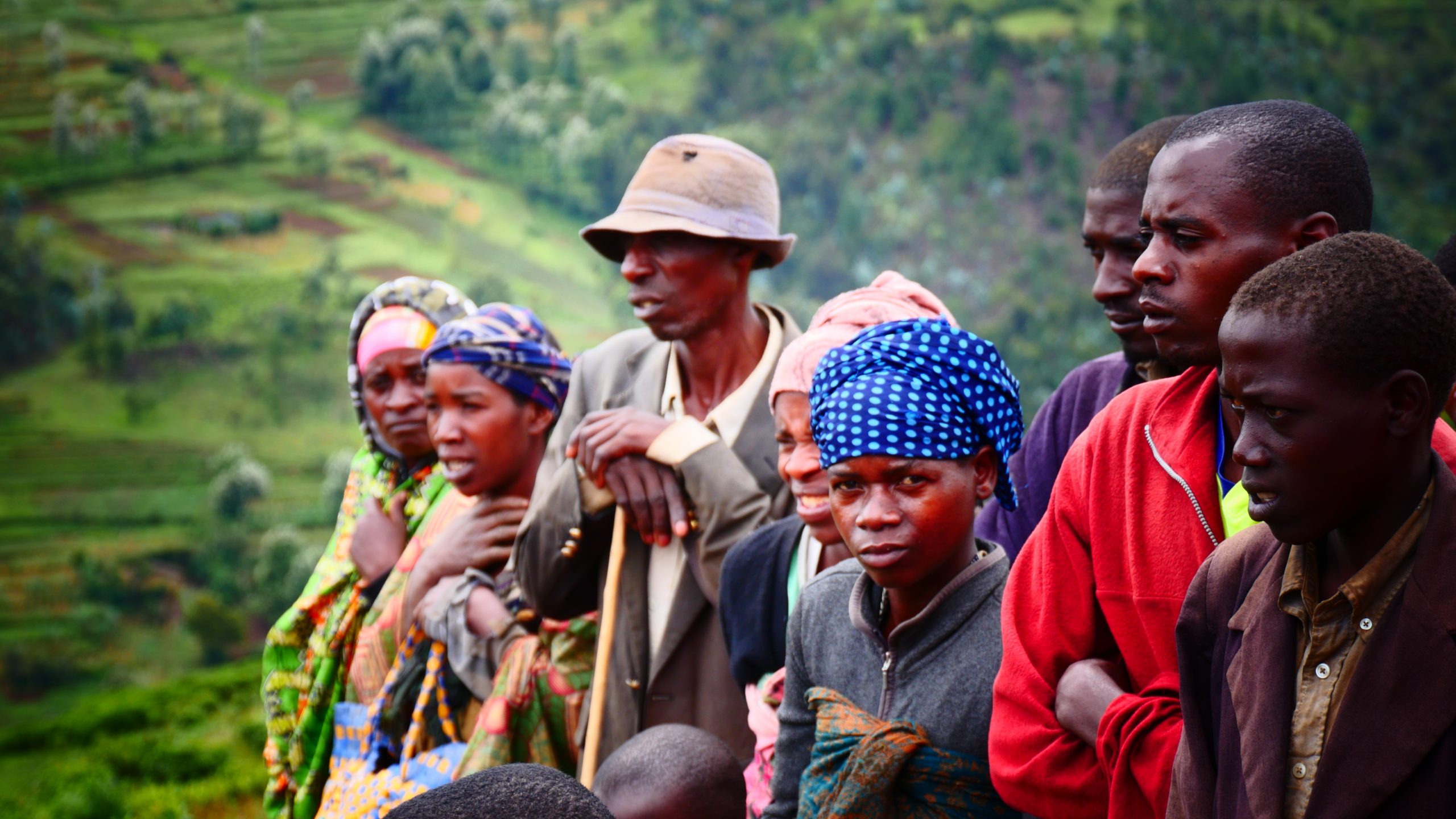
Meeting the healthcare needs
The next day we descended from the mountains to the city Kibuye. During two days we visited one referral hospital and one small healthcare facility – the healthcare system in Rwanda is far more ahead of Kenya’s. We experienced how a small clinic works with a governmental database of patients and track previous medical results.
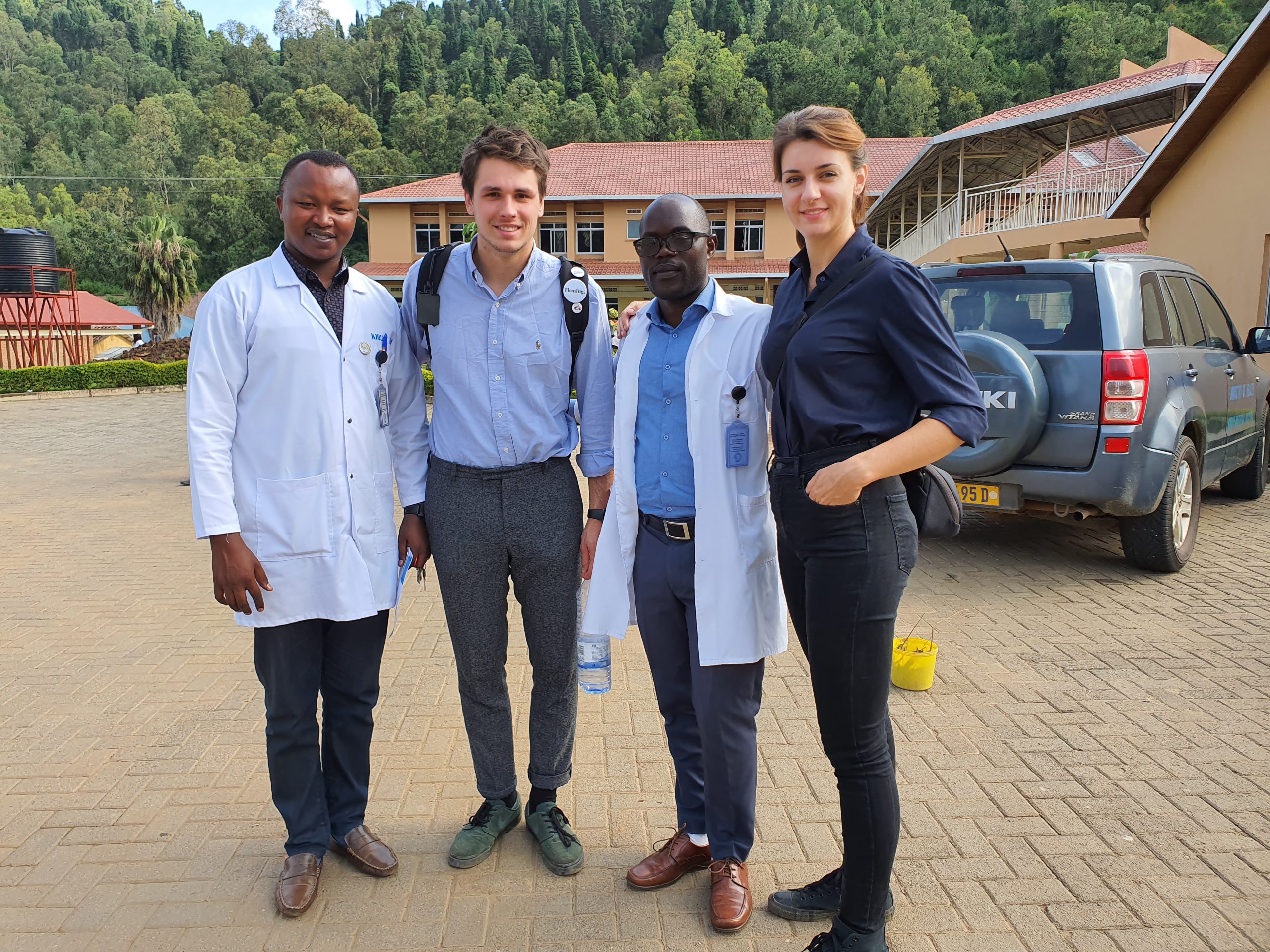
Also working with Scase device seemed easier for doctors, medical officers and nurses we met and it was very helpful to get their priceless feedback.
When idea saves lives
Our last stop was back in Kigali – we managed several meetings before we departed back to Europe. Social workers, emergency physicians or cardiology specialists in a private clinic were all very helpful in brainstorming about how to shape Scase the best for their daily needs.
Lastly, one of the most out of the box meetings was the one with Zipline. It is a startup with a beautiful idea, to deliver transfusions to rural areas with drones in Rwanda. Currently, they cover almost the whole area of Rwanda, which is very important for distant places with very difficult accessibility. Hopefully, such a system will once be available everywhere, delivering life-saving healthcare to people living in unreachable places.
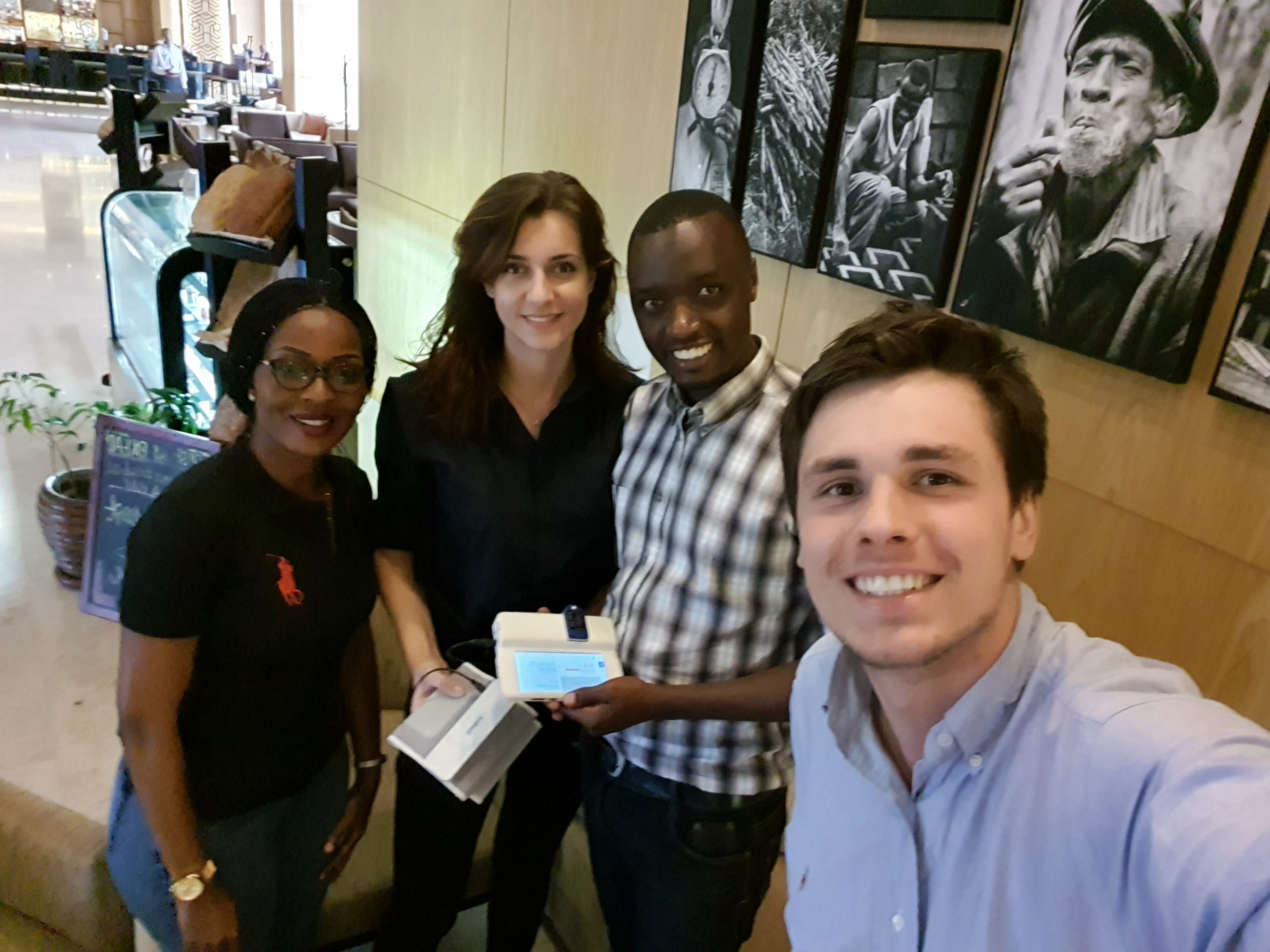
The whole week was very intense, we got a whole new perspective on healthcare worker´s needs, system and conditions, which are they working in. This experience moved us light years forward in our understanding, future usage of Scase and vision on how to help healthcare as much as possible with the technology we can build. Even now we are in contact with some doctors and consult our next steps. We will definitely visit Africa in the future and will be happy if you join us on our journey again!
